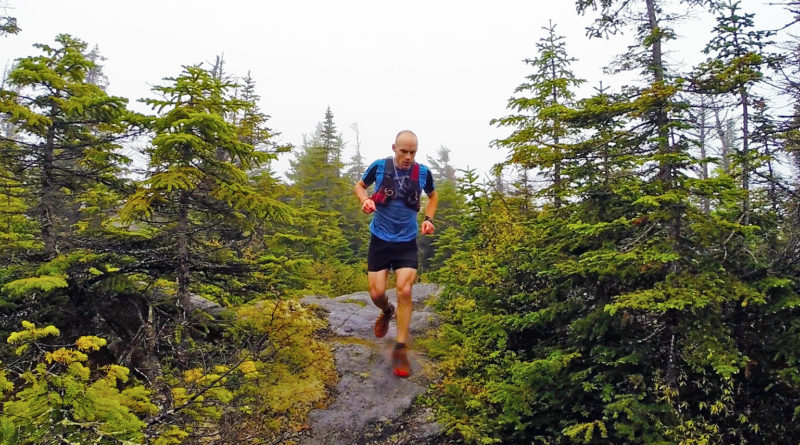Superhuman Vermonters
In Vermont, we tend to take being superhuman for granted. In a state that has a disproportionate number of world class athletes, if you’re not running up Camel’s Hump before breakfast, well Couch Potato, what’s up?
This really hit home over the span of two weeks in mid-June:
First, Stowe’s R.J Thompson, the founder of the Vermont Huts Association attempted a fastest-known-time run of the Long Trail. He logged 180 miles of the 273-mile trail in four days. The Vermont ultrarunner was 11 miles ahead of Oregonian Jeff Garmire’s 2019 unsupported record of 5 days, 23 hours and 48 minutes when he had to pull the plug in North Shrewsbury. As Thompson was descending Killington lighting shook the ground around him and thunderstorms were forecast for the next day. “With a two-year-old son and a second kiddo on the way, I had to make the right call for my family and myself,” he said on Facebook.
In mid-June, Teage O’Connor, the ultrarunner from Burlington whom we profiled in our 2018 feature “Teage O’Connor Runs Wild,” headed out to Milwaukee to try to set the world 100-mile record. And to do so barefoot.
He was one of 150 elite runners from around the world invited to use the indoor track over a week as part of a series called Six Days in the Dome. They were all there to set records. O’Connor was on pace to break the record and ran 50 miles n 5:34:32. But the pounding on the track, 12 mm over concrete, was too brutal, his coach Sam Davis said, so O’Connor stopped.
And then there was Elle Purrier-St. Pierre. On June 22 the girl who grew up on a dairy farm in Montgomery won the Olympic Trials in the 1,500 meters. on June 22. It is still hard to fathom that at 26 Purrier-St. Pierre has already made history as the second fastest woman to ever run a mile on an indoor track. Rower Brooke Mooney of Peru has also set a world record for rowing 2,000 meters on an erg. They both will join Burlington rugby player Ilona Maher representing the U.S. and rower at the Olympics
The cartoonist Alison Bechdel of Bolton hasn’t set any track records to my knowledge. But she has won a MacArthur genius grant – one of 20 to 30 people each year who are awarded a $625,000 fellowship to pursue creative and original endeavors. That makes her superhuman in my book.
In the past four decades, Bechdel has tried just about every sport, exercise fad and challenge that Vermont can throw at her. Bike Lincoln Gap? Check. Hike Camel’s Hump? Of course. Backcountry ski? Yup.
In her new graphic memoir, The Secret to Supherhuman Strength, Bechdel, now 60, writes about attempting all of these things. She does so in a remarkably normal human way that mere mortals and aging mere mortals can relate to. She also dives deep into what exercise does for us emotionally and mentally and how it has helped her overcome other hurdles in her life. Bechdel graciously shares an excerpt. Go buy the book.
It’s easy to take all these superhuman Vermonters for granted. As John Vaaler, one of our summer interns from Middlebury College, was compiling our events calendar this issue he said, “Can I ask you a question: What’s up with all these 100-mile races and runs over mountains? Is this normal for Vermonters? These races are insane!”
I guess I had started to take these events for granted. That’s what happens when you live in a state of superhumans. Fortunately, there are also plenty of 5Ks and 10ks and 25-mile bike options.
I may never run more than 26.1 miles or set a record in anything but I’m grateful to the RJs and Teages and the Elles and Brookes and Ilonas who inspire us all to run a little faster, try a little harder and go a little longer.
Thank you, superhumans.
—Lisa Lynn,


Pingback: Vermont Sports July 2021 Issue - Vermont Sports Magazine